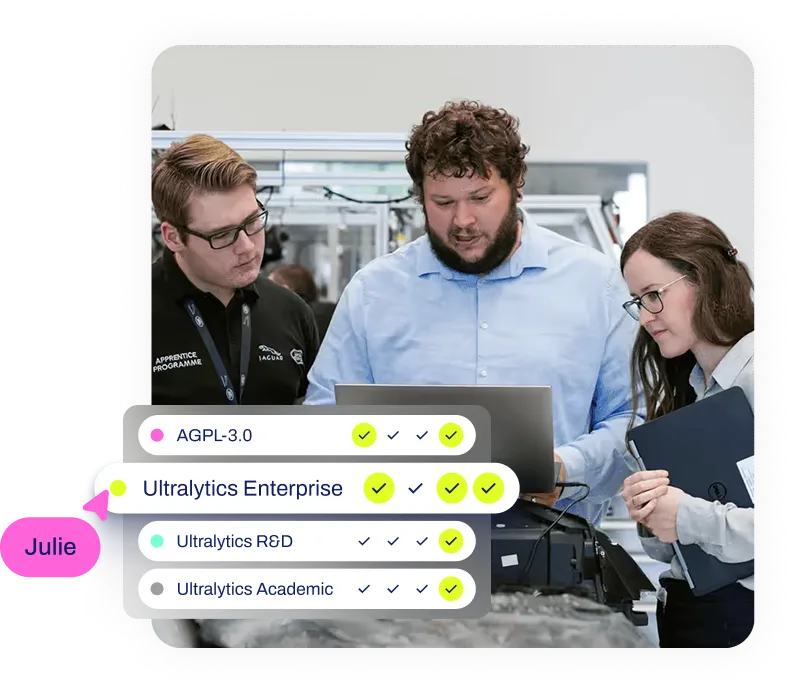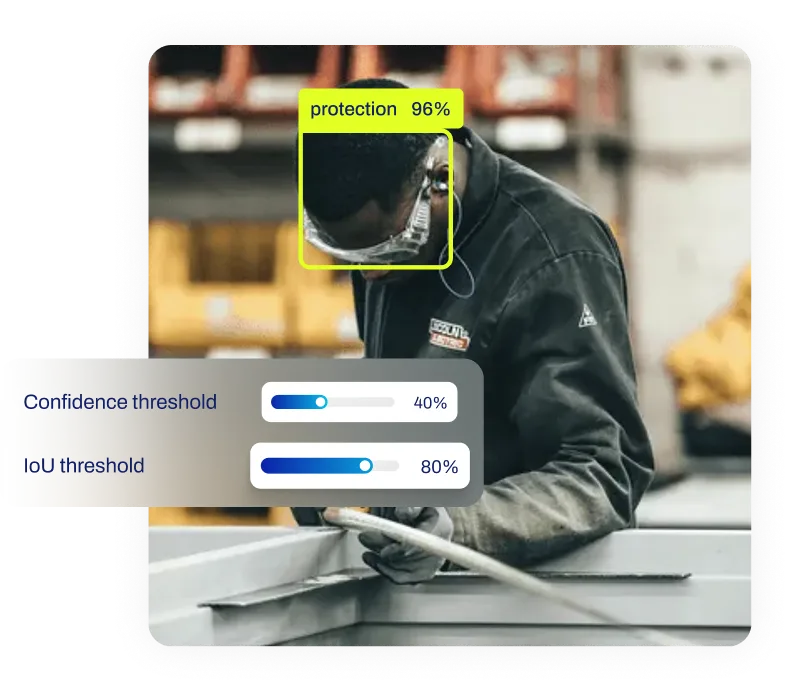Artificial General Intelligence (AGI)
Explore the fundamentals of Artificial General Intelligence (AGI). Learn how AGI differs from narrow AI like Ultralytics YOLO26 and discover the path to human-level reasoning.
Artificial General Intelligence (AGI) represents a theoretical milestone in computer science where a machine possesses
the cognitive flexibility to understand, learn, and apply knowledge across a wide variety of tasks, matching or
exceeding human capability. Unlike current AI systems that are designed for specific functions, an AGI would be
capable of autonomous reasoning, problem-solving in unfamiliar environments, and generalizing experiences from one
domain to another. While AGI remains a subject of intense research and debate, it is the ultimate objective for major
research organizations like OpenAI and
Google DeepMind, promising to reshape how we interact with technology.
Distinguishing AGI from Narrow AI
To understand the leap required to reach AGI, it is essential to differentiate it from the
Artificial Intelligence (AI) we interact
with today.
-
Artificial Narrow Intelligence (ANI):
Also known as Weak AI, this category encompasses all
existing AI applications. These systems excel at specific, predefined tasks. For example,
Ultralytics YOLO26 is a state-of-the-art ANI model highly
optimized for object detection and
image segmentation. While YOLO26 can identify
objects faster and more accurately than a human, it cannot play chess or write a poem unless explicitly retrained
for those tasks.
-
AGI (Strong AI): Often referred to as
Strong AI, an AGI system would not be limited to a
single modality. It would exhibit genuine
transfer learning, allowing it to take logic
learned in a physics simulation and apply it to financial markets. This level of versatility mimics the broad
cognitive computing capabilities of the human
brain.
Core Characteristics and Challenges
Developing AGI requires overcoming significant technical hurdles beyond simply adding more data to a
neural network (NN). It involves creating
architectures that support:
-
Abstract Reasoning: The ability to analyze complex, novel situations and form logical conclusions
without prior specific training data.
-
Common Sense: An intuitive understanding of causality and physical laws, a trait that remains
difficult for current deep learning (DL) models
to grasp fully.
-
Consciousness: A philosophical and technical challenge regarding whether a machine can possess
sentience, often discussed in thought experiments like the
Chinese Room Argument.
Achieving these traits likely requires massive computational resources, relying on advanced hardware from innovators
like NVIDIA and efficient
model optimization techniques.
Hypothetical Real-World Applications
Since AGI does not yet exist, its applications are speculative but transformative. Experts at institutions like
Stanford HAI suggest AGI could revolutionize industries by acting as a fully
autonomous agent.
-
Autonomous Scientific Research: Unlike current
AI in healthcare, which assists doctors by
highlighting anomalies in scans, an AGI could independently review medical literature, formulate hypotheses, and
design experiments to cure diseases.
-
General Purpose Robotics: In the field of
robotics, AGI would enable machines to navigate
unstructured environments. An AGI-powered robot could perform household chores, cook, and provide elderly care,
adapting to the unique layout and needs of any home without reprogramming. This creates new possibilities for
AI in robotics.
Visualizing the Limit of Current AI
While we cannot yet code AGI, we can demonstrate the capabilities of advanced Narrow AI. The following code snippet
uses the ultralytics package to run an inference task. This represents ANI because the model is
restricted to detecting objects it was specifically trained on, lacking the general understanding of an AGI.
from ultralytics import YOLO
# Load the YOLO26 model (Artificial Narrow Intelligence)
# This model excels at vision tasks but is limited to its training domain
model = YOLO("yolo26n.pt")
# Perform object detection on an image
results = model.predict("https://ultralytics.com/images/bus.jpg")
# The model identifies patterns, but does not 'understand' the scene context
results[0].show()
The Path Forward: From ANI to AGI
Current research is bridging the gap between narrow applications and general intelligence through
multi-modal learning. Models like GPT-4 and
large language models (LLMs) are beginning
to show sparks of general reasoning by processing text, code, and images simultaneously. Tools like the
Ultralytics Platform empower developers to train increasingly
sophisticated models, contributing to the foundational research that may one day lead to true AGI. For now, mastering
supervised learning and optimizing specific
tasks remains the most effective way to leverage AI value.










.webp)